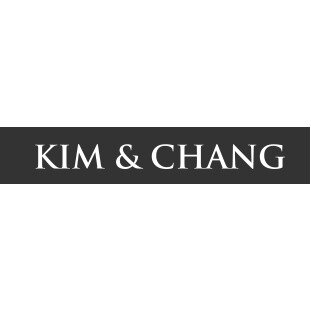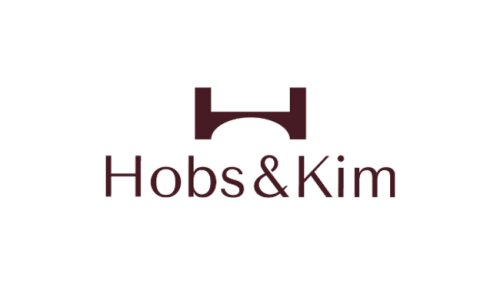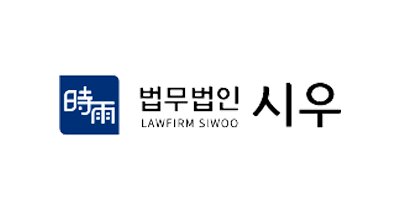Best Government Relations & Lobbying Lawyers in South Korea
Share your needs with us, get contacted by law firms.
Free. Takes 2 min.
Or refine your search by selecting a city:
List of the best lawyers in South Korea
About Government Relations & Lobbying Law in South Korea
Government relations and lobbying in South Korea operate under a unique legal framework that aims to balance transparency, ethical governance, and the necessity of policy influence through advocacy. The South Korean government has established legal measures to regulate lobbying activities to ensure that such interactions between private sectors and public officials are conducted transparently and ethically. The Public Official Election Act and the National Assembly Act are examples of statutes that cover these activities, supplemented by additional ethical guidelines and anti-corruption measures.
Why You May Need a Lawyer
There are several scenarios where engaging a lawyer specializing in government relations and lobbying in South Korea might be crucial. These can include:
- Understanding and navigating the complex legal and regulatory environment surrounding lobbying activities.
- Ensuring compliance with anti-bribery and corruption laws.
- Assisting in the preparation and submission of lobbying registrations and reports.
- Providing strategic advice and due diligence in relation to political contributions and their legal ramifications.
- Representing clients in cases where there may be allegations or investigations of unethical lobbying practices.
Local Laws Overview
South Korea has several key laws and regulations governing government relations and lobbying:
- The Public Official Election Act: Regulates political contributions, election campaigns, and stipulates the legal framework for interactions between lobbyists and public officials.
- The National Assembly Act: Provides guidelines for lobbying within the National Assembly, including the code of conduct for public officials.
- The Anti-Corruption and Bribery Act: Known as the Kim Young-ran Act, it imposes strict rules against bribery and corruption to ensure transparency and integrity in government dealings.
Frequently Asked Questions
What is considered lobbying in South Korea?
Lobbying in South Korea includes any attempt to influence public officials or legislators in the decision-making process, particularly concerning legislation, government policies, or procurement processes.
Do I need to register as a lobbyist in South Korea?
Yes, individuals or entities engaged in lobbying activities are generally required to register with appropriate government bodies, detailing their lobbying activities and financial expenditures.
What are the penalties for illegal lobbying activities?
Penalties can range from fines to imprisonment, depending on the severity of the infraction and whether it involves bribery or corruption.
Can foreign entities lobby in South Korea?
Yes, foreign entities can engage in lobbying activities, but they must comply with the same registration and legal requirements as domestic entities.
How can a lawyer help me with lobbying strategies?
A lawyer can provide strategic advice, ensure compliance with legal requirements, draft necessary documentation, and help navigate any legal issues that arise.
Is there a limit on political donations related to lobbying?
Yes, the Public Official Election Act sets limits on the amount and type of political donations to prevent undue influence on public officials.
How can I ensure compliance with anti-corruption laws?
Consulting with a legal expert who can review your practices and ensure they meet the standards set out by the Kim Young-ran Act and other relevant legislation is crucial.
What documentation is needed for lobbying activities?
This can include registration with the government, detailed reports of lobbying efforts, financial disclosures, and records of interactions with public officials.
Can NGOs engage in lobbying activities?
Yes, NGOs can lobby for causes, but they must adhere to the same regulations and transparency requirements placed on other lobbyists.
What are the ethical guidelines for lobbying in South Korea?
The code of conduct for public officials and various guidelines aim to ensure that lobbying is conducted ethically, promoting transparency and accountability in all interactions with government entities.
Additional Resources
For further research and assistance, consider reaching out to:
- Anti-Corruption & Civil Rights Commission: Offers resources and guidance on compliance with anti-corruption laws.
- Ministry of Justice: Provides information on legal requirements and resources for legal assistance.
- Korea Fair Trade Commission: Ensures competitive practices in government relations.
Next Steps
If you need legal assistance in government relations and lobbying:
- Identify and clarify your specific legal needs and concerns related to government relations activities.
- Seek out legal professionals or firms specializing in government relations and lobbying, preferably with experience in South Korean law.
- Prepare any relevant documentation or background information on your activities to assist your lawyer in providing precise advice.
- Engage in a consultation to discuss your objectives, legal risks, and strategic approach toward government relations and lobbying.
Lawzana helps you find the best lawyers and law firms in South Korea through a curated and pre-screened list of qualified legal professionals. Our platform offers rankings and detailed profiles of attorneys and law firms, allowing you to compare based on practice areas, including Government Relations & Lobbying, experience, and client feedback.
Each profile includes a description of the firm's areas of practice, client reviews, team members and partners, year of establishment, spoken languages, office locations, contact information, social media presence, and any published articles or resources. Most firms on our platform speak English and are experienced in both local and international legal matters.
Get a quote from top-rated law firms in South Korea — quickly, securely, and without unnecessary hassle.
Disclaimer:
The information provided on this page is for general informational purposes only and does not constitute legal advice. While we strive to ensure the accuracy and relevance of the content, legal information may change over time, and interpretations of the law can vary. You should always consult with a qualified legal professional for advice specific to your situation.
We disclaim all liability for actions taken or not taken based on the content of this page. If you believe any information is incorrect or outdated, please contact us, and we will review and update it where appropriate.
Browse government relations & lobbying law firms by city in South Korea
Refine your search by selecting a city.
















